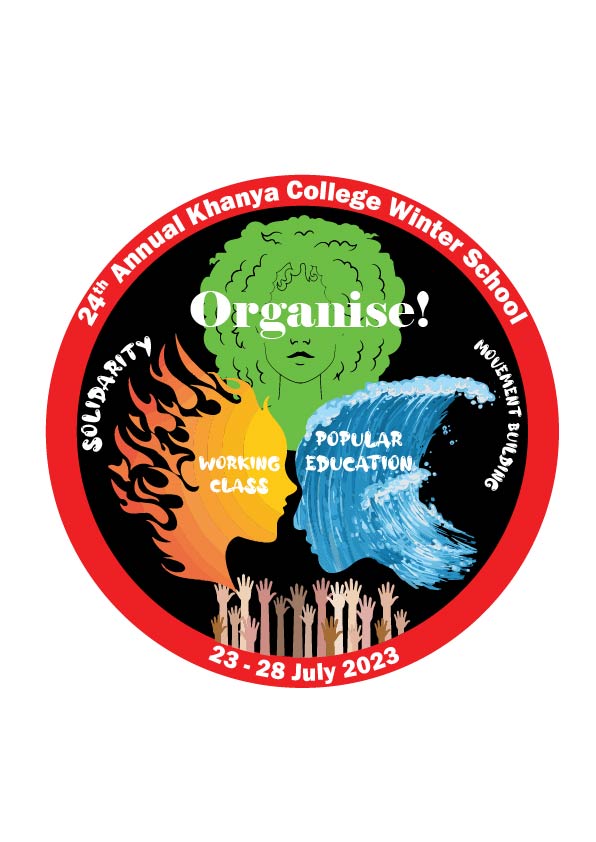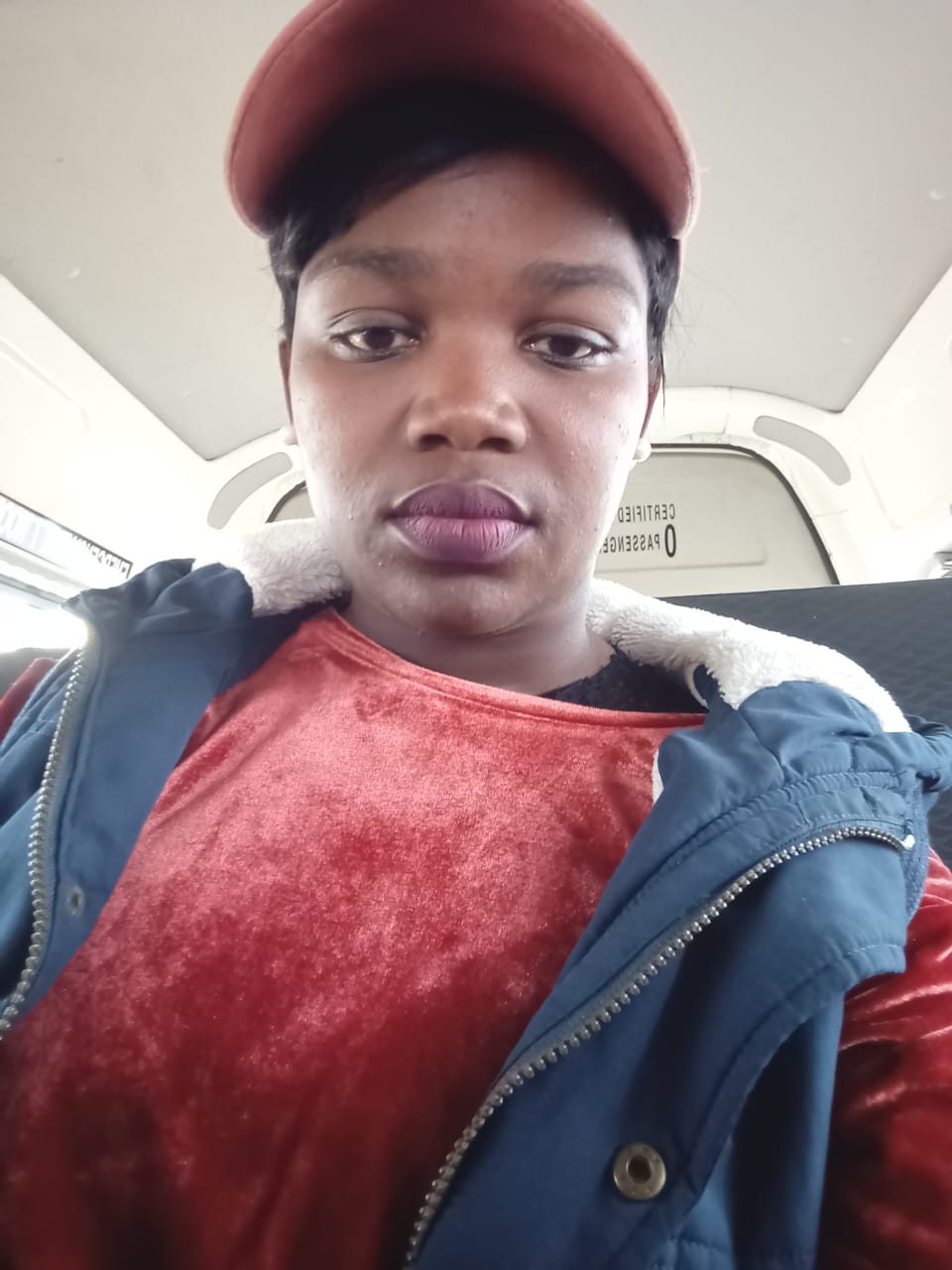Thank you for this opportunity to tell you about our toxic environment here in RIEMVASMAAK Bethelsdorp, Eastern Cape Province of South Africa. What is immediately toxic about our environment is the human excrement of faces and human urine. Our families have been living here for fifteen years. We are still using the bucket toilet system either as unsafe outdoor makeshift toilets or as some families just use a bucket toilet indoors. We smell this excrement and urine all the time. It is in the air that we have to breathe in.
Some people are so angry and frustrated with our government which refuses to install systems that will remove the excrement from our environment so they just throw out their toilet buckets wherever they can find an open space. We have been pleading for years now. Our parents have because no government official listens to children. They do tell the world that we are the leaders of the future when in reality they disregard and ignore our human rights completely. From the president right down to the local councillor. The government has turned off all our communal water taps except for the one tap on the ground of our Community Children’s Centre that was built for us by a kind and generous donor not by our government.
Now this one tap has to be a collection water point for all of us. We are one hundred and twenty-six Children and four hundred Adults. The one and only safe space is the Community Children’s Centre. We go there after school to do our homework and for other social activities on a Saturday. We are also given warm soup when there are ingredients to make soup for us. We gather at our Centre to map out our destiny. We know that we deserve to be treated with dignity and respect.
Our government and our police don’t care that our Children’s Centre, our safe haven has been burglarized and damaged. The one wooden door and security door have been broken completely. As a result, all our resources had to be moved out of our Children’s Community Centre. When we the girls menstruate it is such a very uncomfortable and scary time. There are no municipal lights anywhere close to our settlement so it is pitch dark at night. Going to the bucket toilet to change a sanitary towel is dangerous. We always risk being attacked. It is also dark, smelly and unhygienic. We do not have privacy in our dwellings, you will know it as a Shack.
Our parents and grandparents have been waiting for houses since apartheid. For those of us who attend high school, we have to cross the River to get to school. There is no bridge so we have to step on stones hoping and praying that we do not lose our balance and fall into the water. When it rains and the water levels are raised we cannot attend school. We will get washed away if we fall. We cannot swim. There are no pools for us to learn. If we fall in the water our school books will all be messed up. The one lady who fell and tripped recently broke her ankle. It did not heal so she needed an operation and has steel pins in her ankle. We also lose friends because of the illegal electricity connections. Some of them have been electrocuted. We need light to read so that we can be prepared for our lessons at school.
Our Community Children’s Centre here in Riemvasmaak closes in the late afternoon. We have to read at home, there are no legal electricity connections so the light bulbs are connected to illegal electricity. This gives us a very dim light. It strains our eyesight and the connections are always a risk. When it is load-shedding then there is only darkness. Darkness and the toxic smell of human excrement and urine. We are surrounded by criminals. Law enforcement and the police do not do anything about the drug dealers and the gangsters. When they do arrest someone then they are out in our area the very next day again. There are guns with bullets flying around. When we hear gunshots we freeze.
This article was submitted as part of the Imbila Yesu publication produced daily for the duration of the Winter School in 2023 (23-28 July 2023). It appeared in Edition No.4, released on 28 July 2023.You may republish this article, so long as you credit the author and Karibu! Online (www.Karibu.org.za ), and do not change the text. Please include a link back to the original article.


 Download PDF
Download PDF
